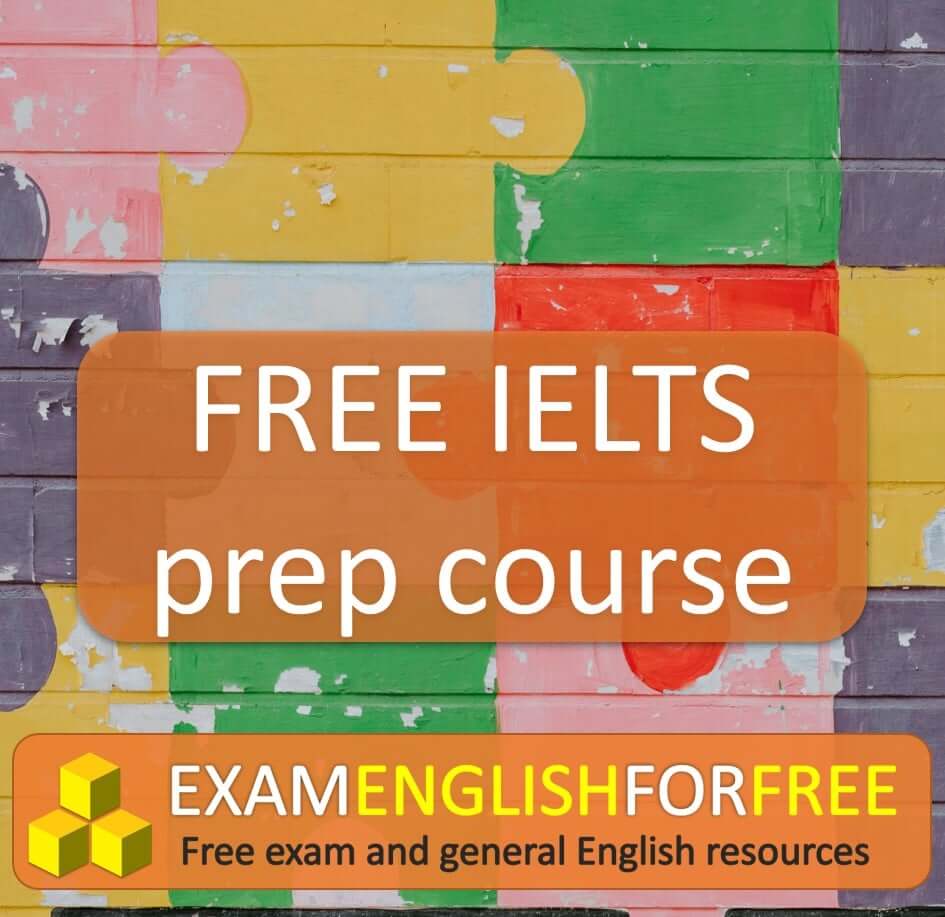
What do I have to do for Multiple choice questions in IELTS listening?
With multiple choice questions, you need to decide which answer is correct from a choice of three to five possible options. There are three different types of multiple choice question – in one type, you need to finish the sentence with the correct ending. In the second type, you need to find the right answer to a question. In the first two types, you are normally only given three possible answers. In the third type, you might need to find two or three correct answers from a list of choices.
Here are examples of each type:
Type 1: Answer a question
What did the study find?
- That lifestyle was the important factor.
- That diet had less impact than expected.
- That younger people where more likely to be affected.
Type 2: Complete a sentence
The average income since 2019…
- has fallen compared to costs.
- has affected home ownership.
- is insufficient to afford many luxuries.
Type 3: Select more than one answer
Which TWO of the following groups were part of the study?
- People over 60
- The unemployed
- Home owners
- Landlords
- Students
What are the best steps for answering Multiple choice questions in IELTS listening?
There are 4 steps that we recommend following for this question type:
Step 1 – Prepare: You need to be very clear on what the instructions are for the multiple choice question you are answering. Do you have to select one answer or more than one? Also watch out for the use of NOT (For example, which group of people were NOT included in the study?).
Step 2 – Keywords: Identity the keywords that will help you follow the recording and will give you the answer.
Step 3 – Differentiate: As much as you can, you need to be clear on the differences between the options.
Step 4 – Prepare the next answer: This will always be the final step in answering any question in the IELTS listening test. If you are aware of what the next question is about and then you hear it, you know you’ve missed the answer you were waiting for! Although that’s not good news, it’s better than waiting for an answer that’s already gone and missing subsequent answers.
What useful tips are there for this question type?
- TIP 1: Some options will be mentioned in the opposite context (e.g. NOT, WON’T, ISN’T) so watch out for negatives!
- TIP 2: There will be a reference to parts of all of the possible answers in the reading passage. You need to make sure the entire possible answer is correct.
- Tip 3: You might need to combine information from more than one sentence in order to find the answer.
Now practice!
Click the link in the table below to test your skills with Multiple choice questions in IELTS listening.
